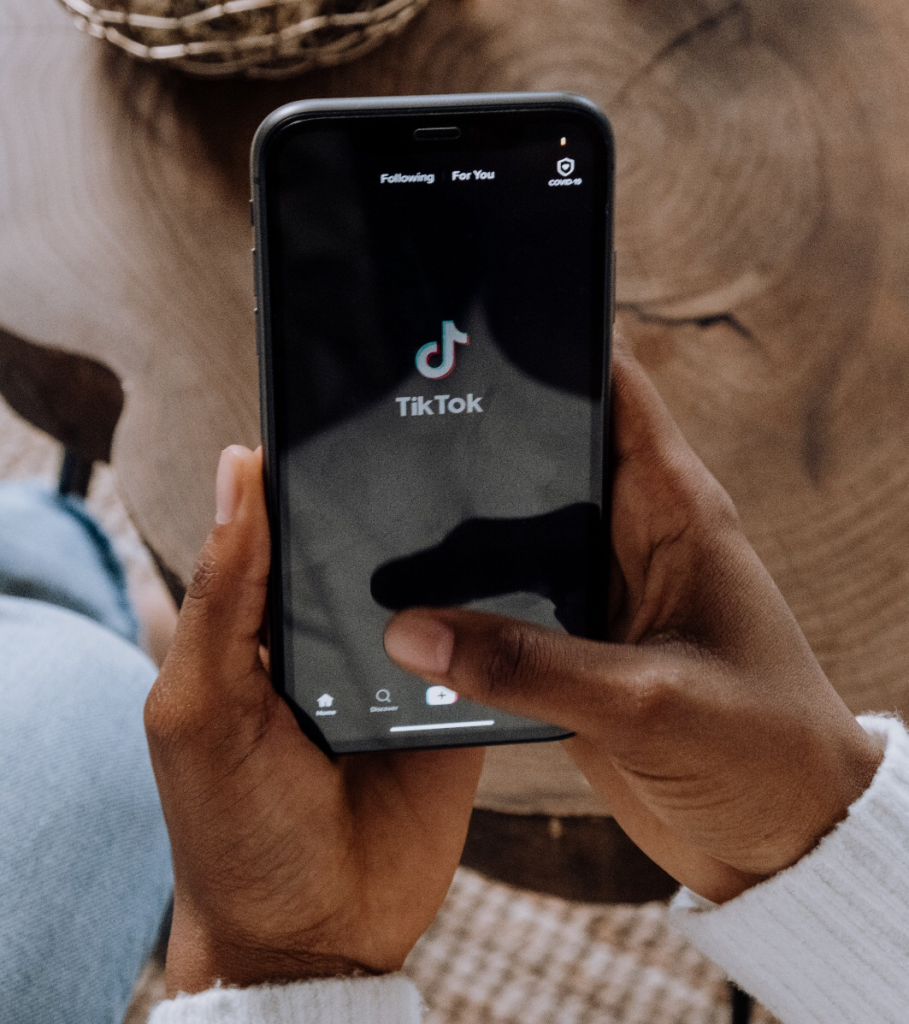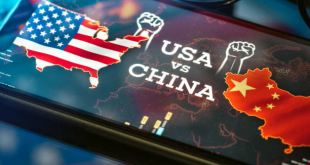By Jessica Mbanda

Photo: (Courtesy)
TikTok, created in 2016 by Chinese company ByteDance, became the world’s most downloaded app in April 2020, with more than 2 billion downloads on Apple’s App Store and Google Play.
On the app, users create 15 to 180-second-long videos and use in-app editing tools to create content in line with various trends and challenges. This has had a big impact on global youth culture, fueling hit songs and making stars of the platform’s savvy users.Additionally, TikTok has been instrumental for political and social activism. The unique algorithm of the app allows for a wider audience range unlike other social media platforms.
However, governments in multiple countries have tried clipping the wings of the world’s fastest growing social media app. The United States in 2020 announced that the government was banning TikTok as American authorities raised concerns that the app could be a tool for Chinese intelligence. However, many experts pointed out that there is no evidence that TikTok user data was being used or collected by the Government of China. In fact, some noted that the amount of data collected by TikTok was similar, if not less than that collected by Facebook.
Other countries like India banned the app in June 2020amid heightened border tensions with China. Even Pakistan, an all-weather friend of China warned over what it described as “immoral and vulgar content”. Authorities in South Africa also raised safety and privacy concerns. The South African Police serviced noted in a June 2020 Facebook post that it was up to parents to “talk to their children about appropriate content” on TikTok, warning that kids might be vulnerable to predators on the platform.
Amidst these crises that followed TikTok, the platform identified and leveraged Africa as a key growth market, due to its status as the world’s youngest continent. A combination of its young population, the increase in sales of Chinese-made smartphones, deepening broadband penetration rates and cheaper internet data tariffs made it the perfect market.
TikTok is now worth $250 billion, making it the most valuable privately held company in the world. Research firm Statista says that TikTok gained a 31.9% market share in Nigeria in 2020, while the South African Social Media Landscape 2021 report, by market research organization World Wide Worx, and media monitoring agency Ornico, estimated that TikTok’s user numbers in South Africa have grown from 5 million to 9 million users in the last year.
Twitter and Facebook initially took an organic approach to growth in Africa, but TikTok was far more strategic. The Beijing-based company signed a music licensing deal with South African music, composers’ and publishers’ rights organizations SAMRO and CAPASSO covering 58 African territories.
For global and African businesses and brands, TikTok has offered the unique opportunity to express themselves and to hardwire themselves into culture and create a sense of co-ownership with their audience. Normally brands have a boring approach when it comes to engaging their audience. However, withTikTok, they have had the chance to advertise their products and services, in a less obnoxious way. Brands have ‘loosened up’ on the app and created spaces to have important societal discussions, participate in trends and challenges and keep their audience entertained.
After a slowdown in 2020, influencer marketing spend is up again and the industry is expected to grow close to $14 billion worldwide this year. For key African influencers, this means that they can expect greater paydays as brands choose to pursue these homegrown celebrities.
For comments or opinion write to us on info@africachinareview.com
Follow us on twitter @africachinarev
 Africa -China Review Africa -China Cooperation and Transformation
Africa -China Review Africa -China Cooperation and Transformation
